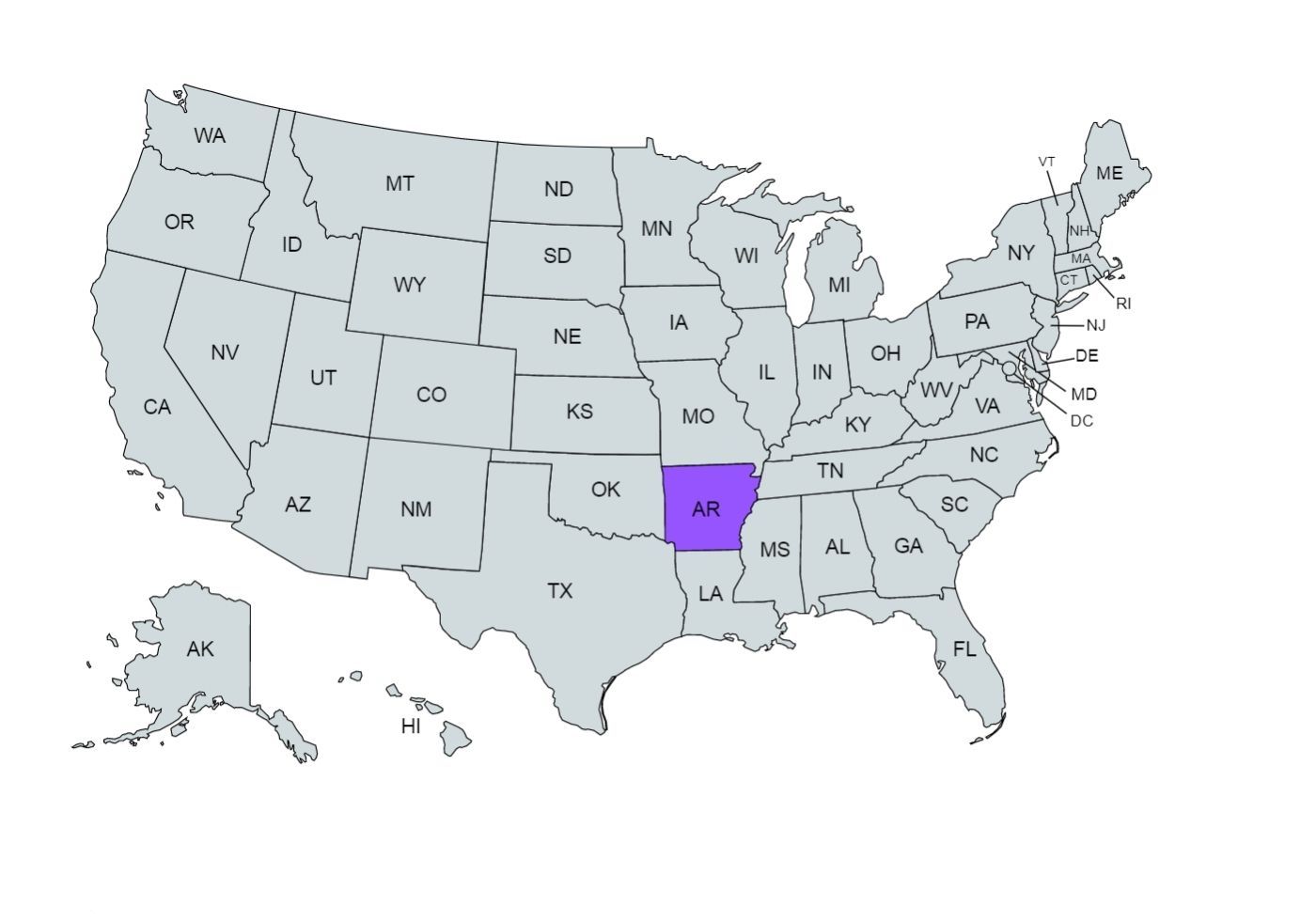Arkansas Paycheck Calculator: Calculate Your Net Pay
If you’re wondering, “How do I figure out how much money I take home in Arkansas?” we’ve got you covered.
Use our simple paycheck calculator to estimate your net or “take home” pay after taxes, as an hourly or salaried employee in Arkansas.
Paycheck Calculator
Meanwhile, get ahead with our free resources:
How Does the Paycheck Calculator Work?
Input your salary information, such as wage and pay frequency, and our tool will handle the tax calculations for you. Once you’ve filled in all the information, click the “Calculate Tax” button, and the calculator will provide an estimate of your net or “take home” pay for the specified pay period.
Overview of Arkansas Taxes

The income tax in Arkansas ranges from 2% to 5.50%. Employers will deduct federal income and FICA taxes from your paychecks and channel them to the IRS for Medicare, Social Security, and annual income taxes.
Marital status, tax brackets, pay frequency, and authorized deductions will shape your paycheck size. Contributions to retirement or health plans can be deducted from your paychecks, impacting taxable income.
In early 2018, Form W-4 underwent a transformation, bidding farewell to allowances and embracing dollar amounts for tax credits, deductions, and yearly taxable wages.
This revamped five-step process captures personal specifics, dependents, supplemental income, and more. Its impact is profound for newcomers or those revisiting their withholding strategy.
Adjusting withholding by specifying an amount on your W-4 is straightforward. Pre- and post-tax contributions to accounts like HSAs or 401(k)s can optimize your paycheck and reduce taxable income.
Arkansas' tax landscape is characterized by a nuanced blend of tax considerations. While certain elements project a tax-friendly approach, the ultimate impression hinges on your unique financial circumstances and goals.
Median Household Income in Arkansas
Salary in each state is typically based off the cost of living. While salaries vary widely based on position, the median household income in your state can give you a glimpse at the average salary a household is earning in your region.
Tips for Maximizing Your Paycheck
Here are some tips to help you maximize your paycheck:
- Understand your deductions
- Research tax-saving strategies
- Make the most of your employee benefits
- Create a budget and set financial goals
- Consider overtime and bonuses
- Routinely check for paycheck errors
